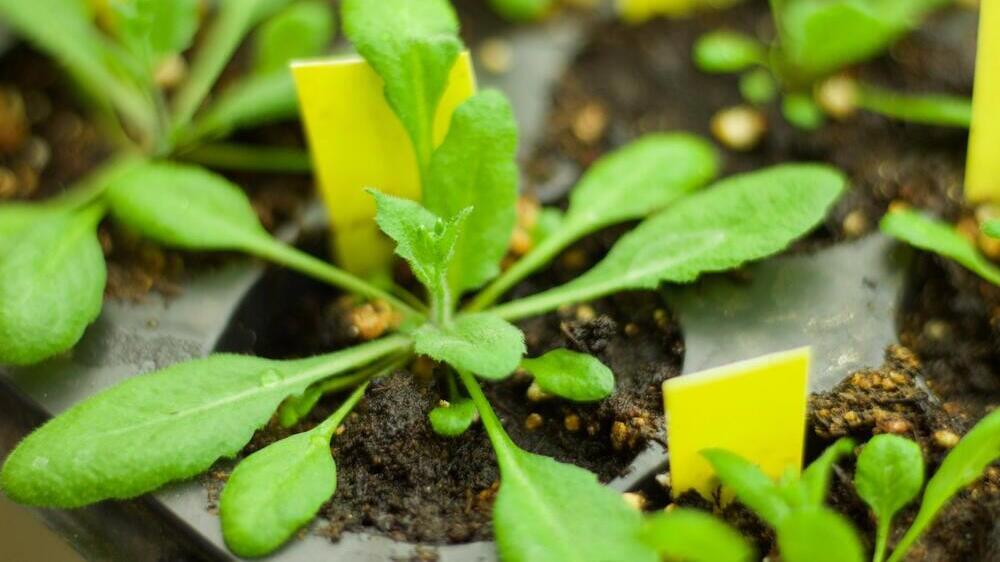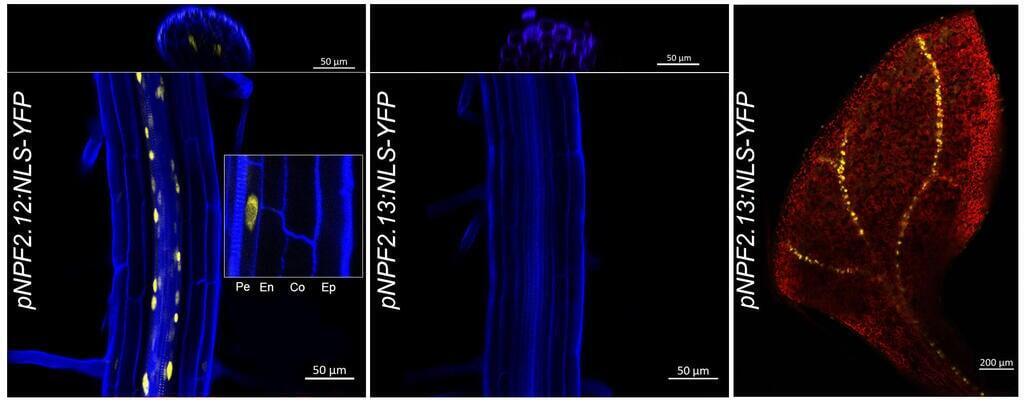Getting your Trinity Audio player ready...
Researchers at Tel Aviv University said they had deciphered the plant hormone gibberellin, vital for agricultural yields regulates moves and regulates developmental processes. The international and multidisciplinary study findings were published in Nature Plants.
Read more:
2 View gallery


thale cress used in the Tel Aviv University study gibberellin plant hormone
(Photo: Shutterstock)
"Gibberellin has an immense impact on the existence of humanity now and in the future," Professor Eilon Shani said adding that understanding how the plant hormone operates contributes greatly to one of the greatest challenges facing the world: how to feed a growing number of people.
"Few outside the scientific community have heard of the gibberellin hormone", he said. "It is a small cellular signaling molecule that overseas plant growth and is directly connected with the Green revolution of the 1960s and 1970s, which did much to make agricultural work more efficient and increased considerably, the yield of grains – wheat, barley, corn and rice," he said.
"In fact, gibberellin manipulation techniques are one of the main reasons we have enough food supply today. Despite its importance, very little was known about how it operates and moves in plants. The current research aimed at answering how it moves in plants, where it accumulates, and how it is active in specific cells," Shani said.


